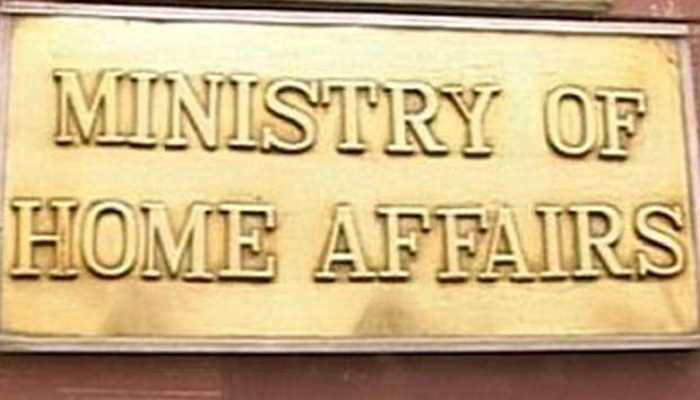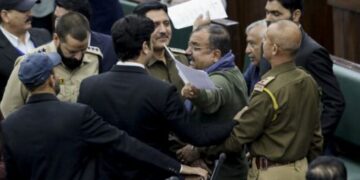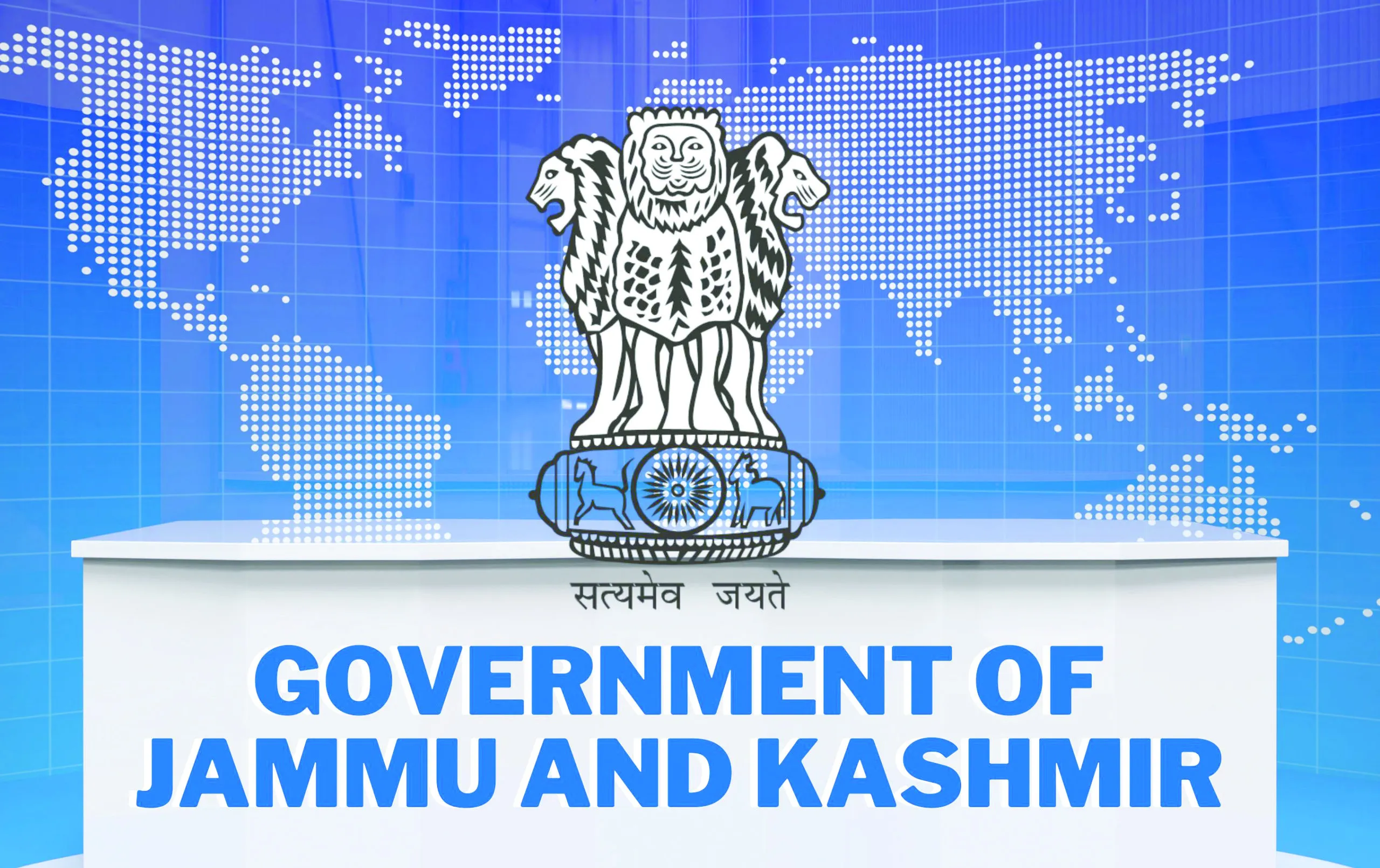New Delhi: The Ministry of Home Affairs has flagged radicalisation in prisons as an increasingly critical challenge and stressed the need for urgent steps to check the trend for maintaining public order and ensuring internal security.
In a communication to all states and Union Territories, the MHA issued guidelines listing various steps, including screening of inmates, periodic risk assessment and segregation of high-risk individuals with greater surveillance, and underlined the importance of undertaking an exercise for de-radicalisation of such prisoners.
It said radicalisation can be typically dangerous in jails, as prisons are closed spaces where social isolation, group dynamics and lack of oversight can foster extreme points of view.
Prisoners can often become vulnerable to radical narratives owing to feelings of alienation, a tendency towards violent behaviour, or anti-social attitudes and in some cases, radicalised inmates may engage in acts of violence or orchestrate attacks against prison staff, fellow inmates, or even external targets, it said.
“Radicalisation in prisons is becoming an increasingly critical challenge in the global context and is often found to be a precursor to several criminal activities.
“It has, therefore, been felt that there is an urgent need to check and counter radicalisation of vulnerable individuals in prison settings and to undertake an exercise for de-radicalisation of such individuals as the same is considered crucial for preserving public order and ensuring internal security,” the MHA said.
It is important to address the issue of radicalisation in prisons for reducing the risks of violent extremism, fostering rehabilitation, ensuring national security and supporting the successful reintegration of prisoners into society.
The MHA said in light of the growing concerns about the malady of radicalisation in prisons, it was sharing guidelines with all states/UTs to take note of and apply in their respective jurisdictions for addressing and countering the issue of radicalisation in prisons.
It said the states/UTs need to develop standardised screening tools for the identification of inmates. These tools can help in assessing the behavioural patterns, associations and ideology-based indicators of all prisoners admitted to prison institutions.
Individual risk assessments should be periodically conducted both at the time of entry of the prisoner and during his/her period of incarceration at periodic intervals.
For this, prison departments may coordinate with the law enforcement and intelligence agency units in the state/UT for identifying inmates who can pose a risk of radical influence to other inmates.
The MHA guidelines said high-risk inmates who are inclined towards propagating the ideology of radicalisation should be segregated from the general prison population to minimise the risk of indoctrination.
The states/ UTs may consider establishing an independent high security prison complex in their jurisdiction for housing hardened/ radicalised prisoners, terrorists etc. separately with a view to prevent them from influencing other inmates.
These inmates should be kept under enhanced surveillance using monitoring tools and intelligence mechanisms to detect and address potential threats and radical networks within the prison.
The MHA said promoting continued contact between inmates and their family members may contribute to their emotional stability and can act as a moderating influence. The states and UTs may, therefore, pay attention to this fact, it said.








